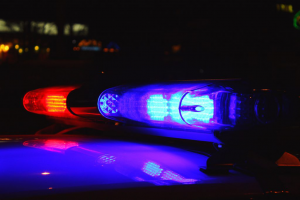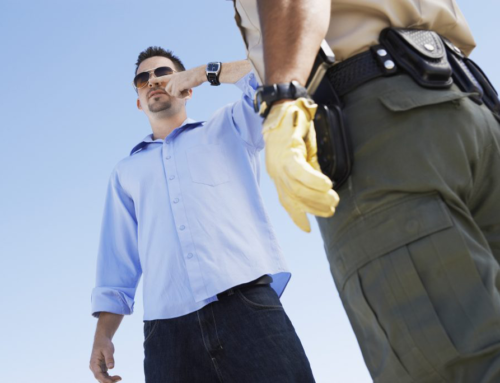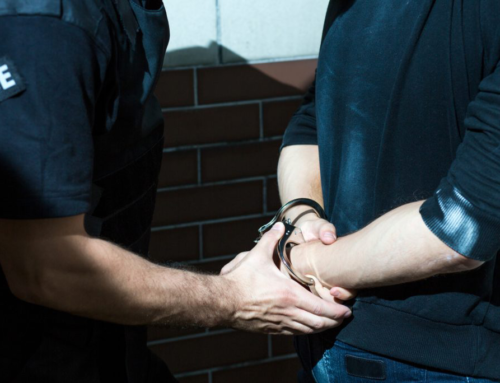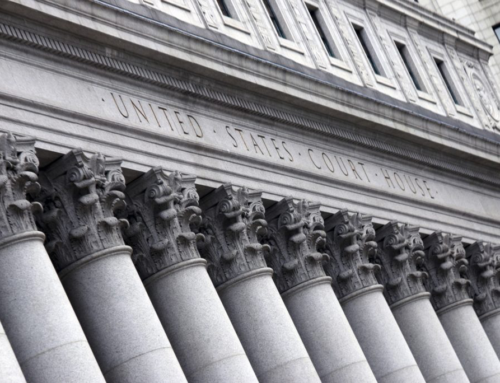 Earlier this month, a slow-speed pursuit took place in Longview as a driver attempted to evade arrest. The incident began after a police officer allegedly observed the man driving a Ford truck slowly and across solid lines on the roadway. According to KLTV-TV, the officer tried to pull the driver over, but the driver allegedly refused to stop. From there, KLTV-TV reports that the driver began evading arrest, leading police on a 12-minute long chase. However, during the pursuit, the speeds of the vehicles never even reached 30 mph.
Earlier this month, a slow-speed pursuit took place in Longview as a driver attempted to evade arrest. The incident began after a police officer allegedly observed the man driving a Ford truck slowly and across solid lines on the roadway. According to KLTV-TV, the officer tried to pull the driver over, but the driver allegedly refused to stop. From there, KLTV-TV reports that the driver began evading arrest, leading police on a 12-minute long chase. However, during the pursuit, the speeds of the vehicles never even reached 30 mph.
At the conclusion of the pursuit, police reportedly broke the window of the man’s Ford pickup truck to remove him from the vehicle. The driver was arrested and charged with driving while intoxicated (DWI), evading arrest and resisting arrest.
How Do Evading Arrest Charges Work in Texas?
Evading arrest is taken very seriously in Texas. In some instances, police will charge a driver with evading arrest if he or she, in the officer’s estimation, simply did not pull over quickly enough after the officer signaled for the driver to stop.
Drivers should never try to fight evading arrest charges without an attorney. All too often, drivers think that they can explain their side of the story to the judge and he or she will believe them and overturn the charge. However, this is rarely the case. The fact is, even if drivers did not evade arrest, they could still be held criminally liable for the offense if they cannot provide evidence proving their innocence.
A skilled criminal defense attorney, such as those at The Goolsby Law Firm, have years of experience handling evading arrest cases. Criminal defense lawyers know how to prove people who did not evade arrest are innocent, including finding, preserving and presenting the evidence necessary to prove clients’ innocence or at least get the charges against them reduced.








